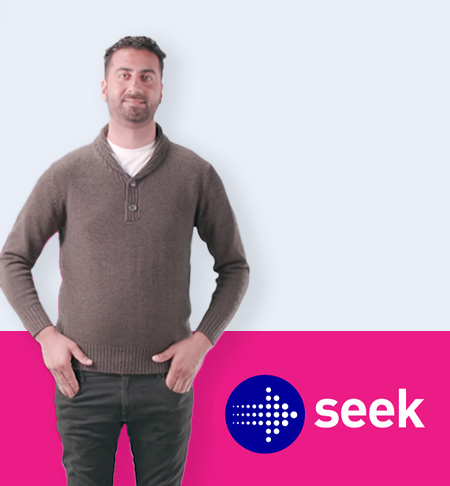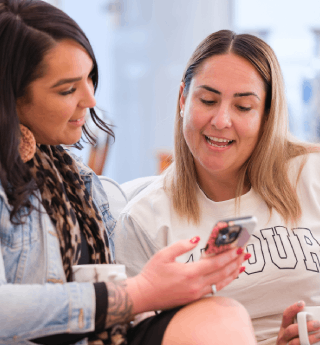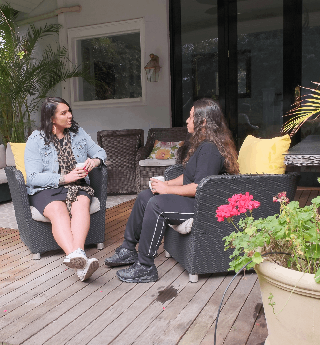Let’s yarn about support work.
A disability support worker supports a person with a disability in everyday life.
As a support worker you will be working closely with the person you’re supporting. Often the job involves assisting someone to learn new skills so they can live more independently and reach their goals. The job may include facilitating daily personal hygiene, assisting with housework, and providing emotional support. You may need to go to appointments and attend activities in the community – it really depends on what the person enjoys and what they decide to do. No two days are the same and being flexible to the needs of the person you’re supporting is important to be successful in the role.
If you’re supporting another Aboriginal person, you can help them remain connected to their culture and grow their cultural confidence. If it is your preference to support an Aboriginal or Torres Strait Islander person, please raise this with the service provider during the interview process. Many Aboriginal people in Western Australia don’t currently receive support from another First Nations person but would like to be. The sector needs more Aboriginal people supporting Mob!
To hear more about the job from a support worker, watch this video.




